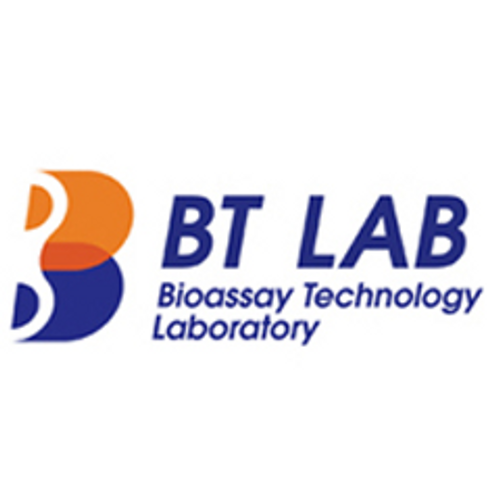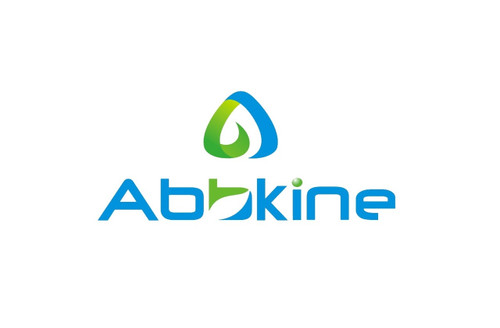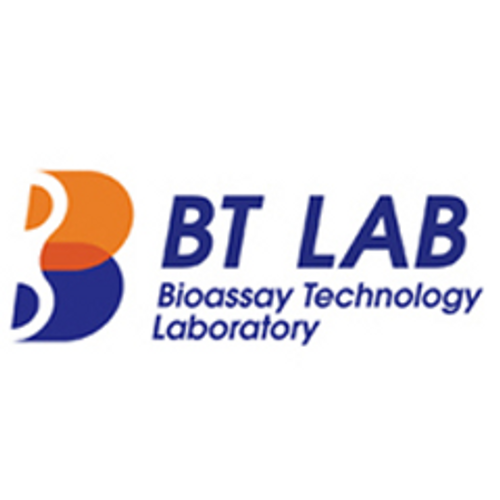Product Description
Mouse Anti-cardiolipin antibody IgA (ACA-IgA) ELISA Kit | AE62621MO | Abebio
Species Reactivity: Mouse (Mus musculus)
Abbreviation: ACA-IgA
Alternative Name: N/A
Application: ELISA
Range: 12.35-1000 ng/mL
Sensitivity: 1.6 ng/mL
Intra-Assay: ≤5.8%
Inter-Assay: ≤8.3%
Recovery: 1, 09
Sample Type: Serum, Plasma, Other biological fluids
Detection Method: Competitive ELISA
Analysis Method : Qualitative
Test Principale: This assay employs the competitive enzyme immunoassay technique. The microtiter plate provided in this kit has been pre-coated with an antibody specific to ACA-IgA. Standards or samples are then added to the appropriate microtiter plate wells with a Horseradish Peroxidase (HRP) -conjugated ACA-IgA and incubated. The competitive inhibition reaction is launched between with HRP labeled ACA-IgA and unlabeled ACA-IgA with the antibody. A substrate solution is added to the wells and the color develops in opposite to the amount of ACA-IgA in the sample. The color development is stopped and the intensity of the color is measured.
Product Overview: Cardiolipin is an important component of the inner mitochondrial membrane, where it constitutes about 20% of the total lipid composition. The name ‘cardiolipin’ is derived from the fact that it was first found in animal hearts. It was first isolated from beef heart in the early 1940s. In mammalian cells, cardiolipin (CL) is found almost exclusively in the inner mitochondrial membrane where it is essential for the optimal function of numerous enzymes that are involved in mitochondrial energy metabolism.Cardiolipin is a kind of diphosphatidylglycerol lipid. Two phosphatidylglycerols connect with a glycerol backbone in the center to form a dimmeric structure. So it has four alkyl groups and potentially carries two negative charges. As there are four distinct alkyl chains in cardiolipin, the potential for complexity of this molecule species is enormous.
Stability: The stability of ELISA kit is determined by the loss rate of activity. The loss rate of this kit is less than 5% within the expiration date under appropriate storage condition. The loss rate was determined by accelerated thermal degradation test. Keep the kit at 37°C for 4 and 7 days, and compare O.D.values of the kit kept at 37°C with that of at recommended temperature. (referring from China Biological Products Standard, which was calculated by the Arrhenius equation. For ELISA kit, 4 days storage at 37°C can be considered as 6 months at 2 - 8°C, which means 7 days at 37°C equaling 12 months at 2 - 8°C) .
 Euro
Euro
 USD
USD
 British Pound
British Pound
 NULL
NULL








